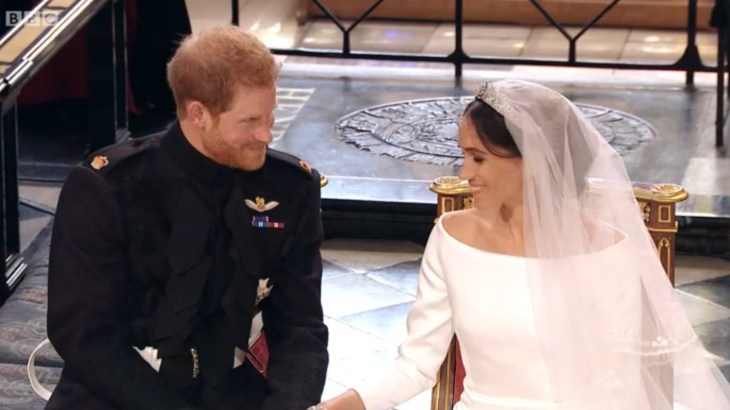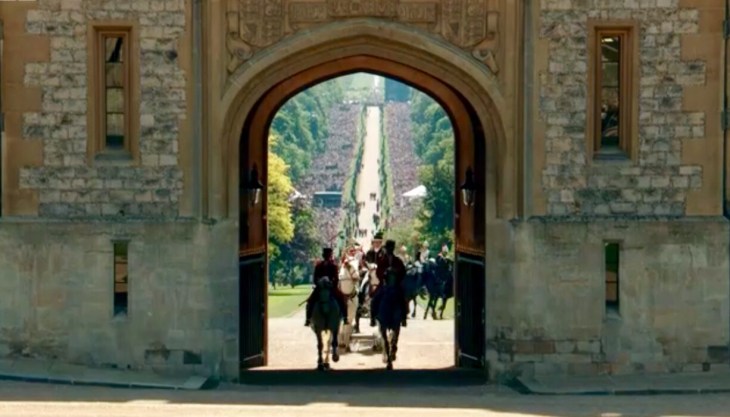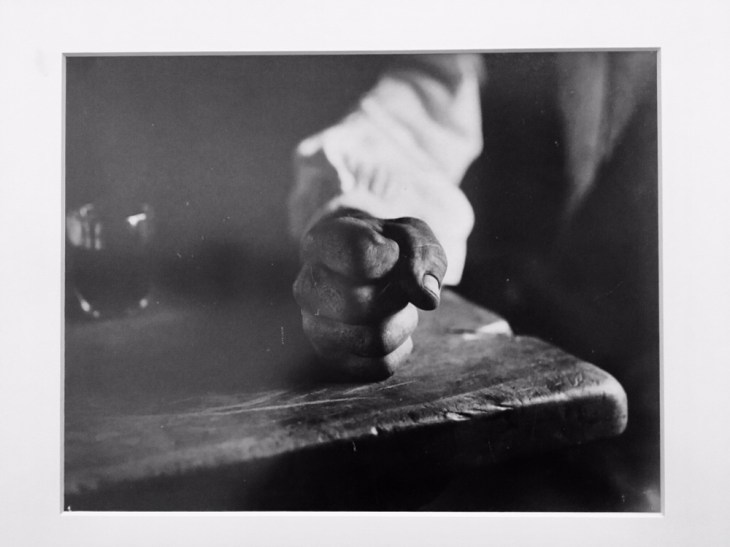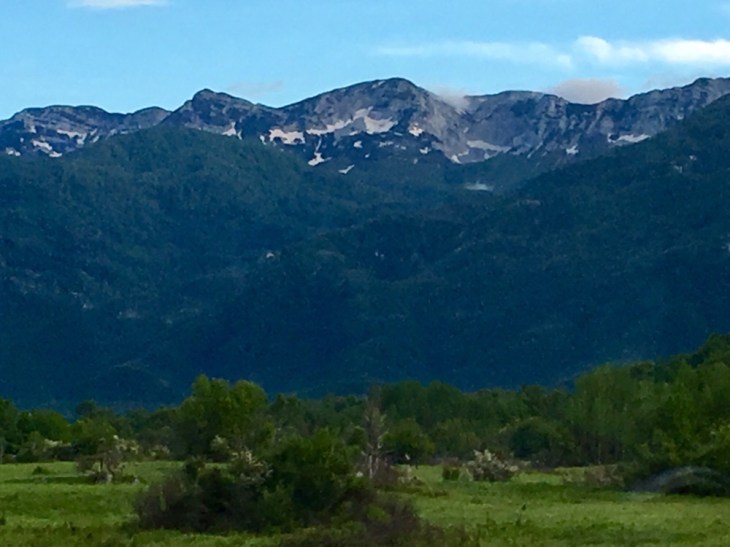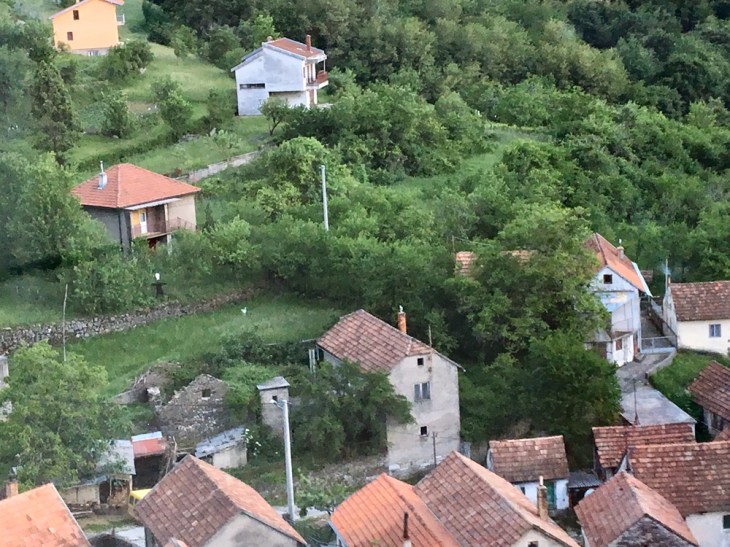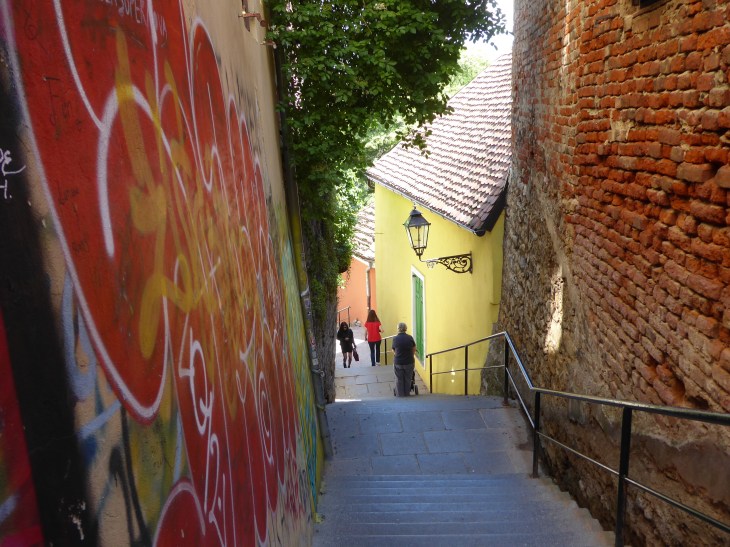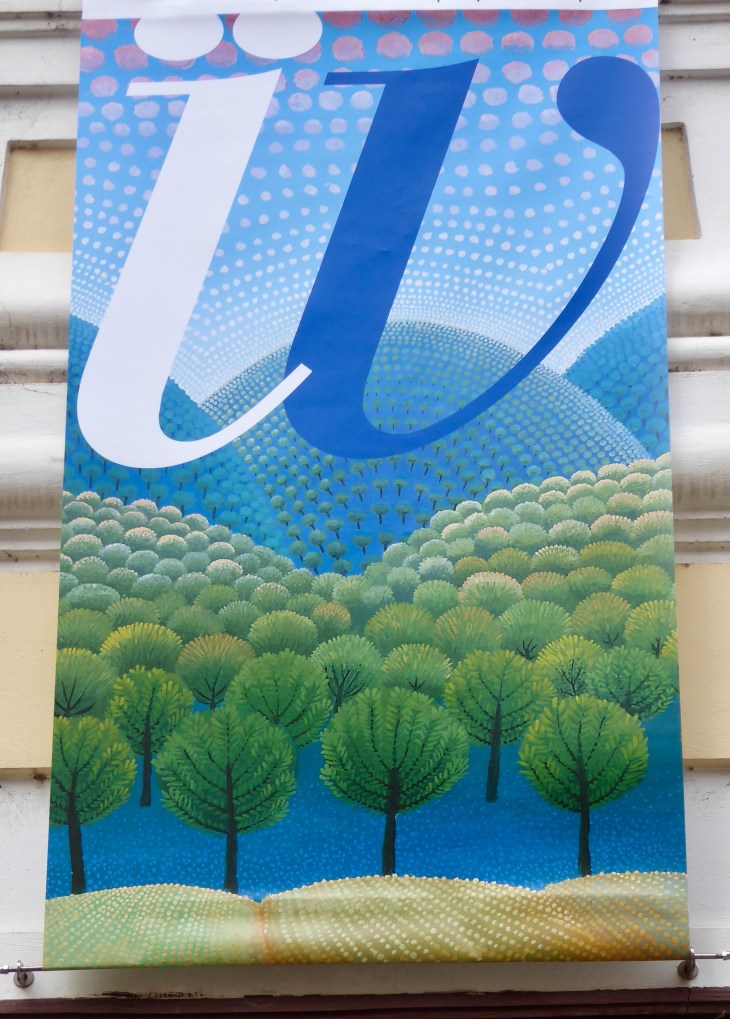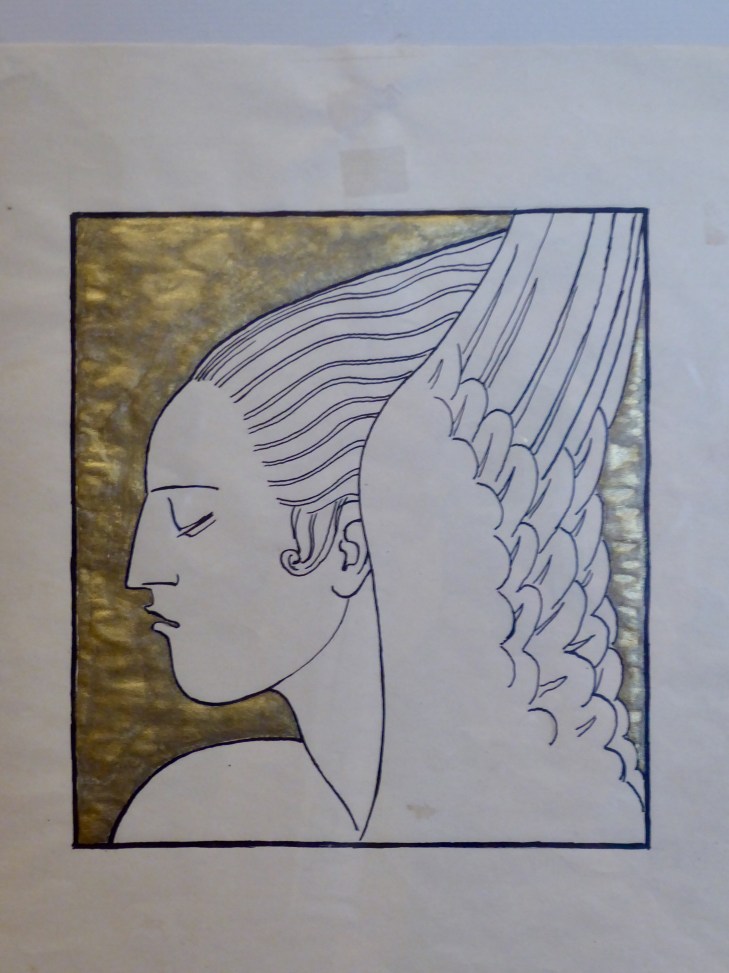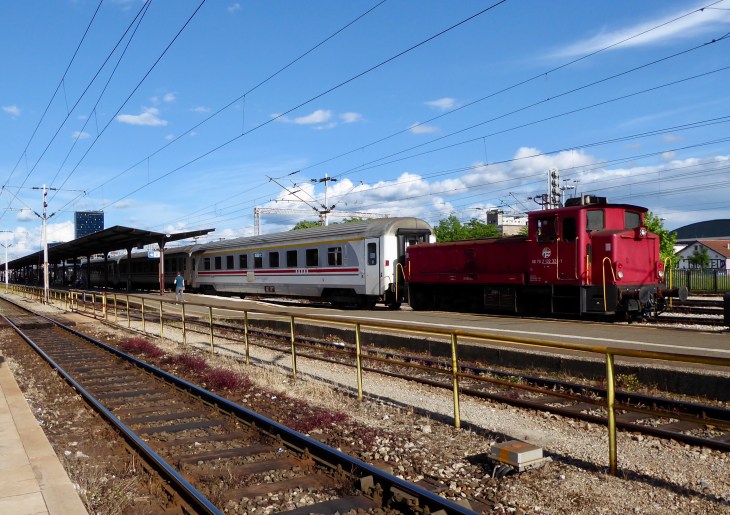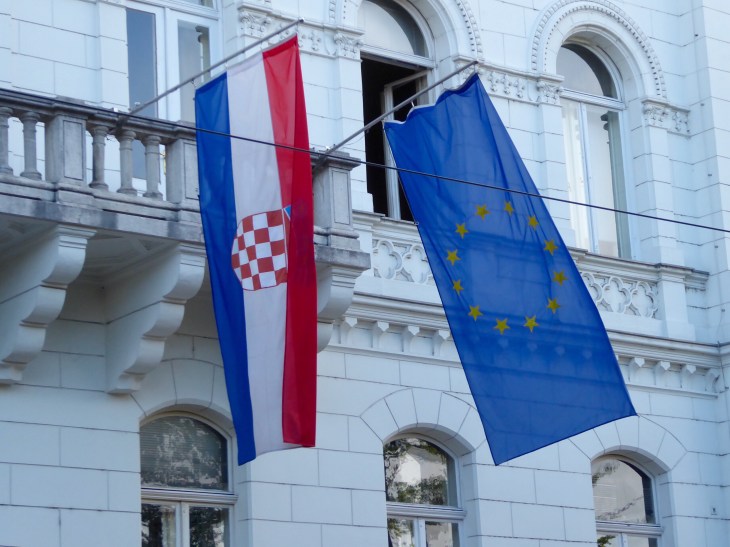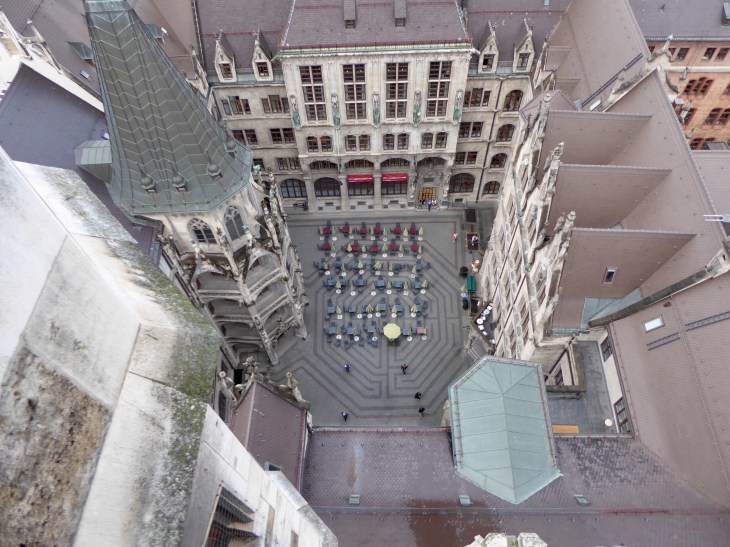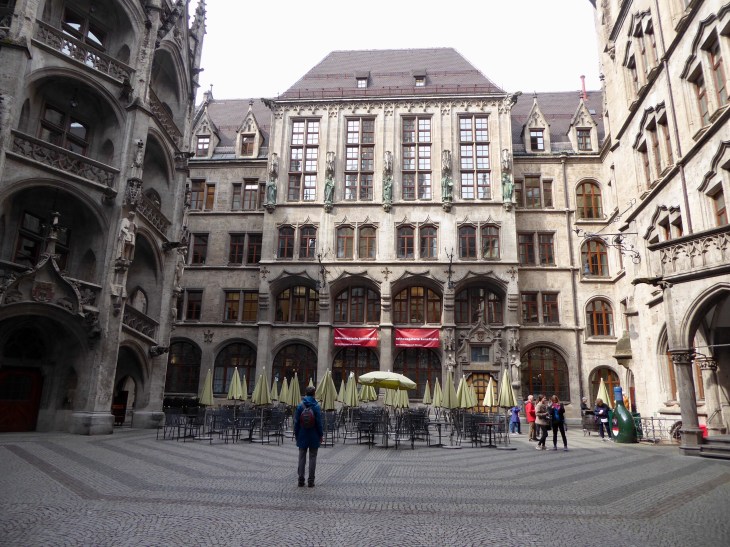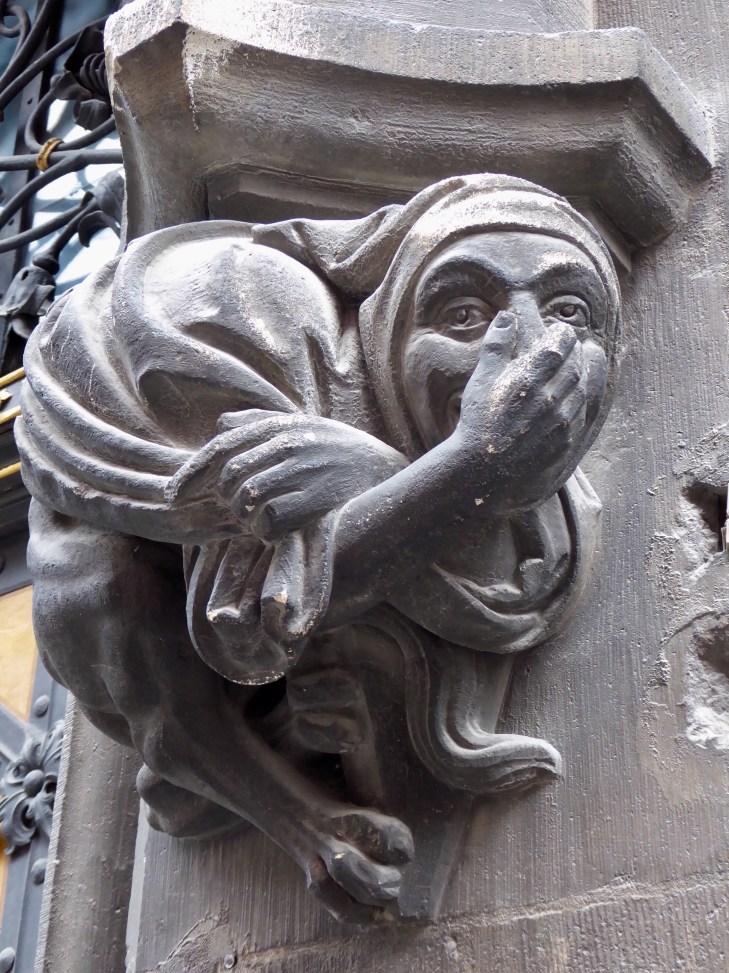
Today we had a ‘holiday’ day. We walked along the shore towards the city of Split then stopped at a lovely beach to enjoy the warmth of the sun and take our first swim of the trip. We had a good view of the large island of Brac to the west.
After a late lunch one of us walked and swam some more; the other had their toe nails painted a bright red!
A great conversation with a Croatian millennial helped us understand the energetic and ‘can do’ attitude of those in their 20’s and 30’s we have met or witnessed on this trip.
There appears to be such a desire to create a greater sense of integration in society of those from divergent backgrounds, and in so doing, build a better world for their country, their families as well as for their own personal lives.
Despite sometimes despairing of the old themes being played out within their Parliament, the Sabor, the open and generous way of thinking and being of this age group seems to hold greater hope for the future.
(We realise how little we appreciate the issues concerning the millennials, here or back home. There is much for us to ponder).
Tomorrow we intend to do more walking, swimming and relaxing. There may even be the opportunity to create a labyrinth in the very pebbly beach to walk.
Who knows?

